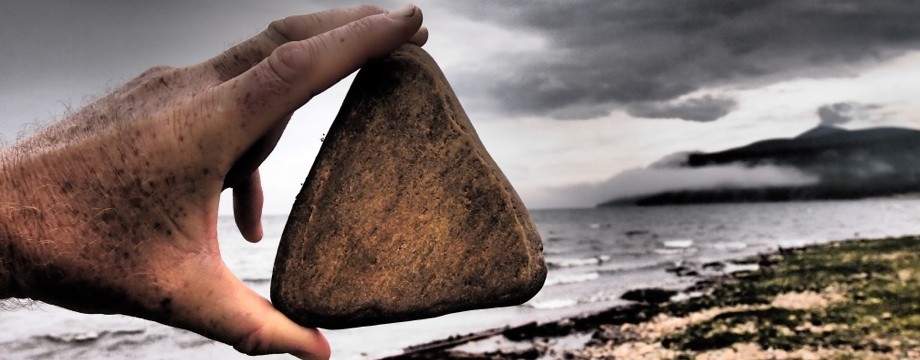[Fremantle, 6th September 2013]
This short film was captured between Cape Town and Mauritius when the three Dutch Tall Ships (Oosterschelde, Bark Europa and Tecla) passed through on their circumnavigation of the planet. It’s in Dutch language but the imagery is wonderful.
I saw the same three tall ships come into the port of Fremantle last month. And now they’re approaching Melbourne.
I will now be lucky enough to sail with them on their Sydney to Buenos Aires voyage, partaking in the legendary rounding of Cape Horn through the Drake Passage. It’ll take nigh on three months.
It’s 120 years since Australia’s first and only diaspora (excluding perhaps ‘Kangaroo Court’ in London) left for a better world. In 1893 500-odd disgruntled shearers (post the great Australian shearers strike) left Sydney Harbour in a tall ship the ‘Royal Tar’ (constructed in the day at the mouth of the river at Nambucca Heads) bound for Paraguay. They set up a socialist utopian colony called ‘New Australia’. They were the ‘New Australia Movement’.
Depending on tomorrow’s Federal Election results I may be seeking similar refuge!
But I’ve booked my passage ahead of time. And I join the crew of the three-masted square-rigger ‘Bark Europa’ (photo attached) (and for some of the time on the good ship Tecla too).
I set sail from Sydney Harbour on the 10th October: One hundred and twenty years after the original New Australia members. And after passing through Auckland we’ll cross the South Pacific into the Southern Ocean and round Cape Horn to Las Malvinas (Falkland Islands). From there we’ll continue to Buenos Aires, arriving for New Years Eve hopefully. A voyage of near on 11,500 km.
I hope to be able to continue on to land-locked Paraguay to reunite with the descendants of the New Australia colonists of 1893.
In 2002 whilst on a sojourn in Paraguay I had a chance encounter with one of them: Enrique Wood. Never set foot in Australia but feels very much Australian. We’ve stayed friends ever since. His father Norman Wood was born in the New Australia colony in south-east Paraguay. Norman’s parents were on the original voyage from Sydney. William Wood, Enrique’s grandfather, was mentioned in a poem by Henry Lawson circa 1890s: “…and little Billy Wood passed the hat around…”.
William ‘Billy’ Wood was working as a labour organiser in Bourke, NSW in the early 1890s when he decided that the ‘Fair Go’ wasn’t being realised in the fledgling Australian dream. And so he sought with his wife to make a better fist of it elsewhere.
Let’s hope tomorrow’s Federal Election augers well for those who still dream of a Fair Go. For as little Billy Wood most probably dwelled upon, as he passed the hat around on that fateful day in Bourke, watched on by an ever wistful Henry Lawson, the prospect of contemplating whether one should stay or go often comes down to the inspiration gained from within and from those around us. And while it is always a vexing one, it often comes down to those leaders that bear the brightest vision of the commonwealth of Australian states.
With wind in our sails (still)…
Cheers
Chris


